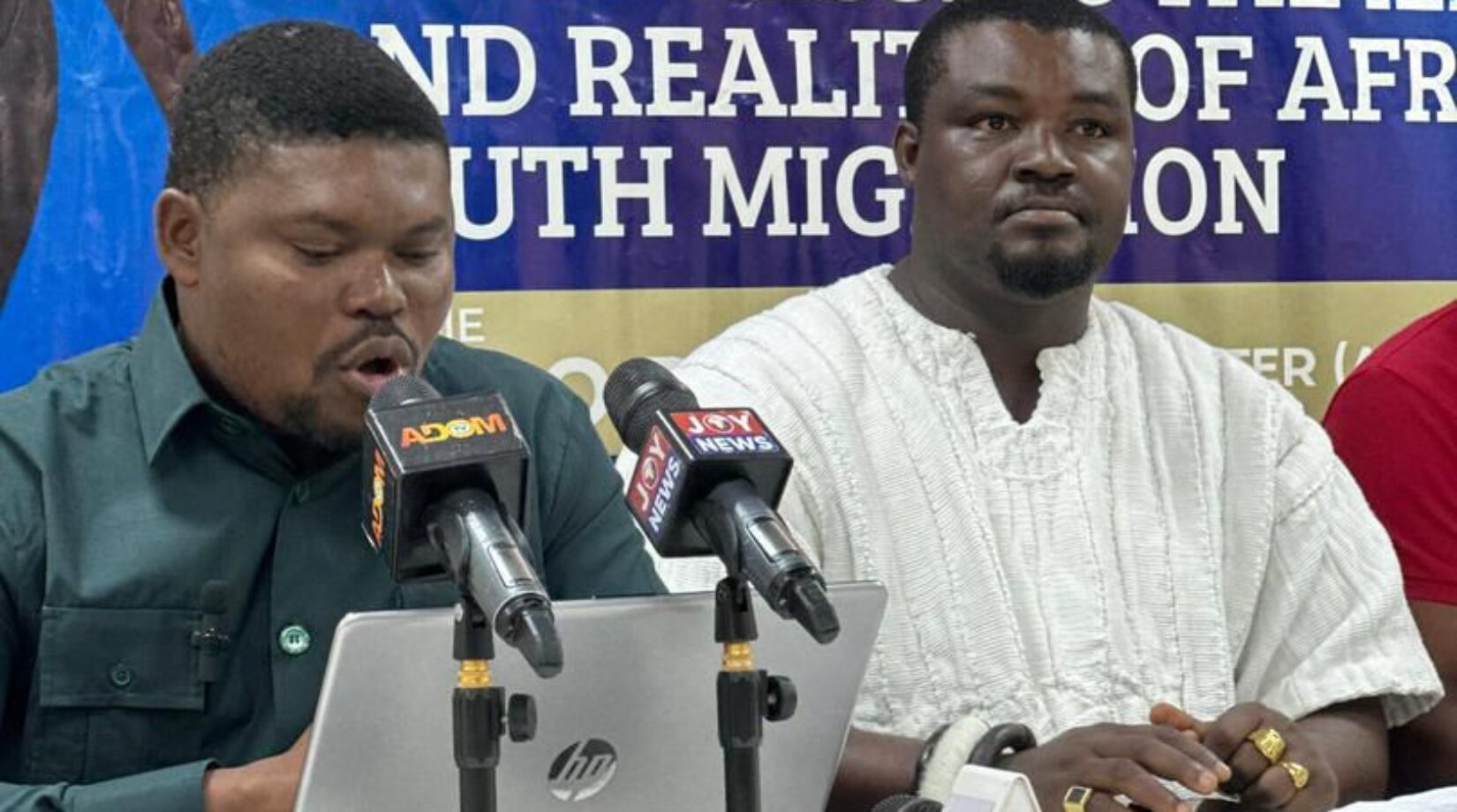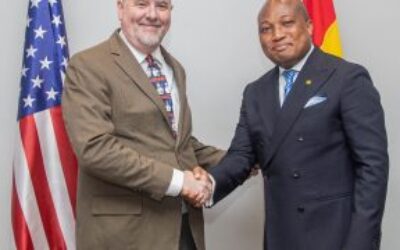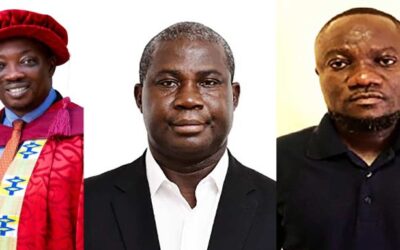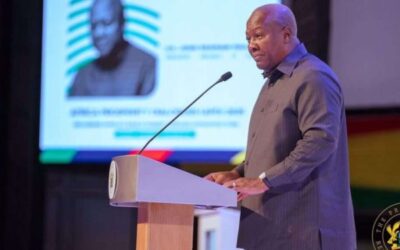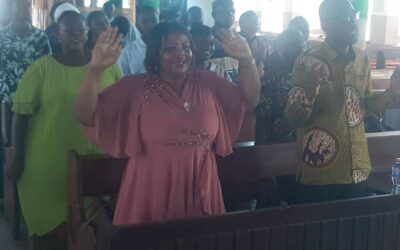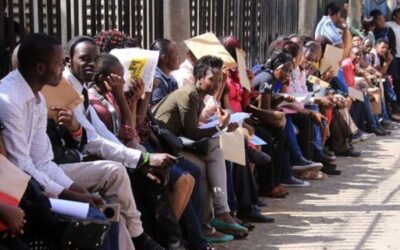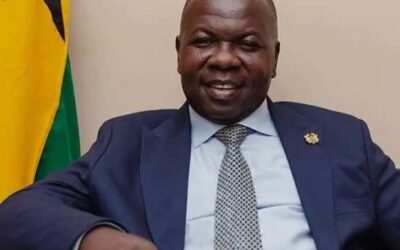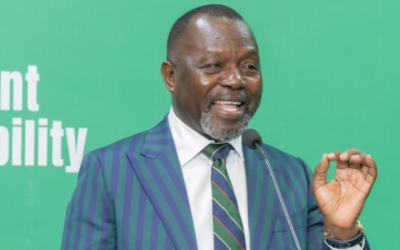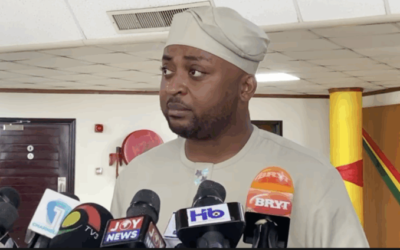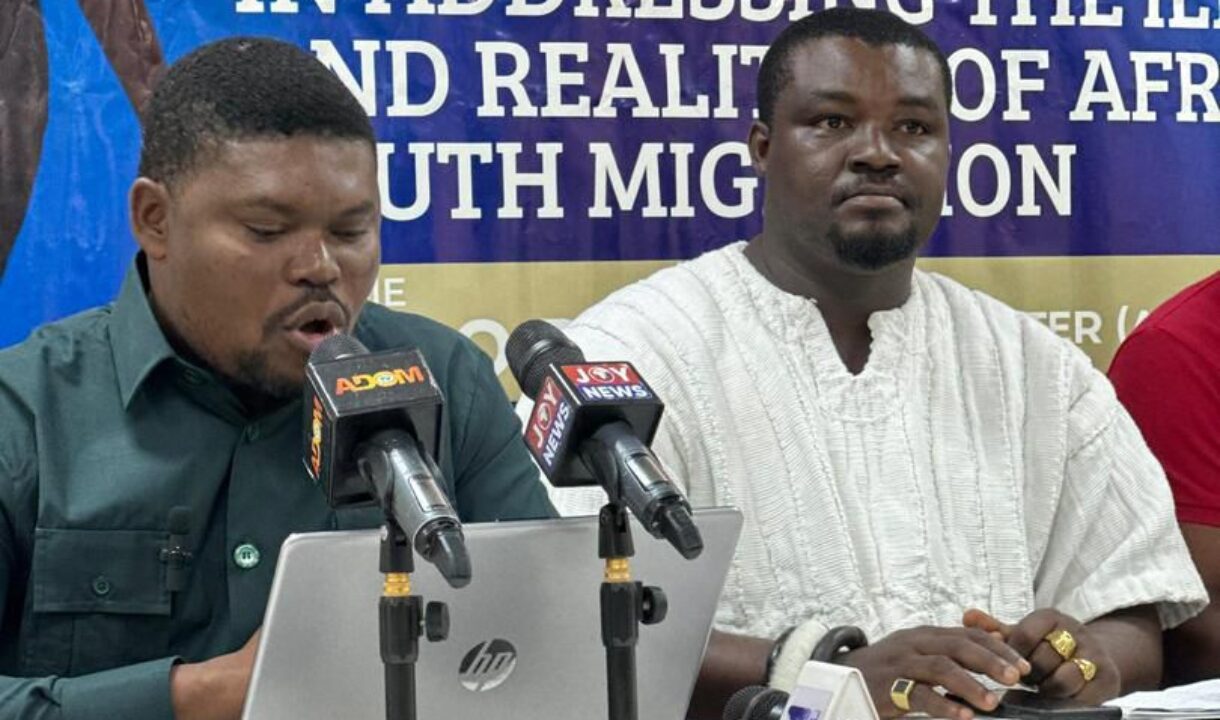
More than 20 Ghanaian journalists have been trained to investigate and report more responsibly on youth migration, as the African Leaders Network for Democracy, Emergence and Renewal (Réseau‑LEADER) pressed the media to dismantle misleading narratives that push young Africans into dangerous journeys abroad.
The training session, held in Accra on August 22, 2025, formed part of a broader Réseau‑LEADER campaign under the theme “The Role of the Media in Addressing the Illusions and Realities of African Youth Migration.” Participants were taken through statistics on African youth migration and briefed on the specific role journalists can play in countering deceptive recruitment schemes, misinformation and exploitative networks.

“Every day, thousands of African youths are lured by embellished narratives of success in Europe, the Middle East, Asia and elsewhere,” said Nana Bafour Odefour Boamah Darko, Mawerehene of Akyem Adadientam. “Journalists must expose the lies behind these supposed success stories rather than only reporting the ill treatment migrants face after they leave.”
Réseau‑LEADER pointed to several troubling examples that organisers say require urgent journalistic scrutiny. The network highlighted the “Alabuga Start” case in Russia, where young African women were reportedly recruited under the pretext of training and later alleged to have faced exploitation. Officials at the session urged reporters to pursue investigative work to clarify unresolved “grey areas” around the programme.
Speakers also revisited long‑standing concerns about the kafala sponsorship system in parts of the Middle East, where domestic workers—many from African countries—have faced passport confiscation, unpaid wages, poor living conditions and physical or psychological abuse. Similar patterns were reported in parts of Asia, where trainees and technical workers have reportedly been pushed into conditions close to forced labour and left largely invisible to local authorities.
Dr Jean Emmanuel, chairperson of Réseau‑LEADER, called on young people to temper migration hopes with realistic planning. “Success is not achieved overnight,” he said. “If the youth’s goal is to make it big by travelling to some Western countries, they may be putting their lives at risk.”
The group released the Accra Declaration on the Role of the Media in Addressing the Illusions and Realities of African Youth Migration, urging newsrooms to investigate and expose false narratives, dedicate airtime and digital platforms to awareness‑raising, and collaborate with community leaders to carry clear, locally relevant messages into rural areas.
The declaration also called on governments to probe dubious recruitment programmes, urged media to amplify survivors’ testimonies, and recommended creative, participatory campaigns to mobilise young people around safer, realistic pathways to employment and training.
Journalists who attended said they welcomed practical guidance on data‑driven reporting and cross‑border collaboration. Several newsroom representatives indicated plans to form investigative partnerships and to run local language campaigns aimed at communities most likely to be targeted by recruiters.
Réseau‑LEADER has scheduled a follow‑up session in Accra on September 22, 2025, in which media professionals, migration experts and institutional partners are expected to deepen discussions and work toward a practical roadmap for responsible migration coverage.
“Trapped migration is not only an individual tragedy; it is a collective threat to the future of our continent,” the Accra Declaration concludes. “The media must become true allies in this struggle.”

